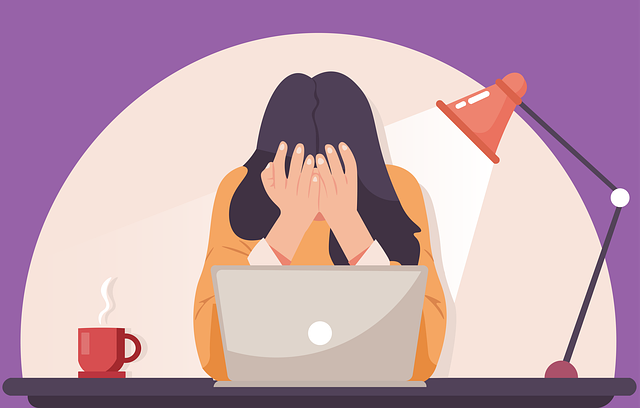
By now, most of us have heard the phrase “burnout” being thrown around—whether that’s in relation to our work, social lives or personal responsibilities. For anyone still scratching their head when they hear it, burnout refers to a state of physical and emotional exhaustion, commonly occurring when someone has been living in a state of high stress for a prolonged period of time.
In the world of work, the effects of burnout can manifest as:
- Feeling constantly tired
- Feeling constantly overwhelmed, helpless and alone
- Self-doubt, or “imposter syndrome”
- A decline in productivity
Unfortunately, cases of workplace burnout seem to be getting more common. A new study has found that a third of workers admit they’ve felt like they just can’t go on, either due to stress or exhaustion, at some point during their careers. The same study also cited 32 as the age when we are most likely to hit burnout rock bottom.
Why is burnout becoming more common? Remote work has a fair bit to answer for, with many people taking on longer hours and additional responsibilities as a result of not being in a structured office environment. Across the globe, there are also economic uncertainties at play, meaning companies are often asking more of their employees without the proper support—both in terms of additional talent and budgets.
To combat burnout, we need to be focusing on these causes.
At Remotify, we are advocates for remote work, but also quality of life. The two should never be at odds with each other. Two of the main issues surrounding remote work burnout are long hours and heavy workloads. Both of these issues should be able to be discussed and resolved by communicating with managers or company leaders. Or, if you are a company leader yourself, it’s time to explore new methods with your teams. Suffering in silence will only make burnout worse.
You should be able to switch off when the working day ends, without having an unmanageable workload hanging over your head. Remember: a company that normalises overwork is not a good place to work, no matter the rewards or results.
Another method to combat burnout is to implement changes in your everyday life that are truly separate from work, whether that’s going for a walk, cooking proper meals for yourself, exercising or socialising. Again, if your workload cannot accommodate these simple things, it’s time to assess and discuss why that is.
Whether it’s in the office or at home, work shouldn’t be something you dread, and it certainly shouldn’t be something that makes you physically or mentally unwell. Burnout has a tendency to snowball if not managed, so, if you’re beginning to feel the effects of onset burnout, take action now to avoid any future incidents.
And, if you want to find out more about using remote work to combat symptoms of burnout, get in touch with our team here at Remotify!
Spending Too
Much Time
Onboarding?
your remote hiring in the
Philippines, excellently.
Say Goodbye to High Costs!
Request Your Free Consultation Today andSave a Massive 70% on Your Workforce!

Ready to thrive in a remote-first work environment?


